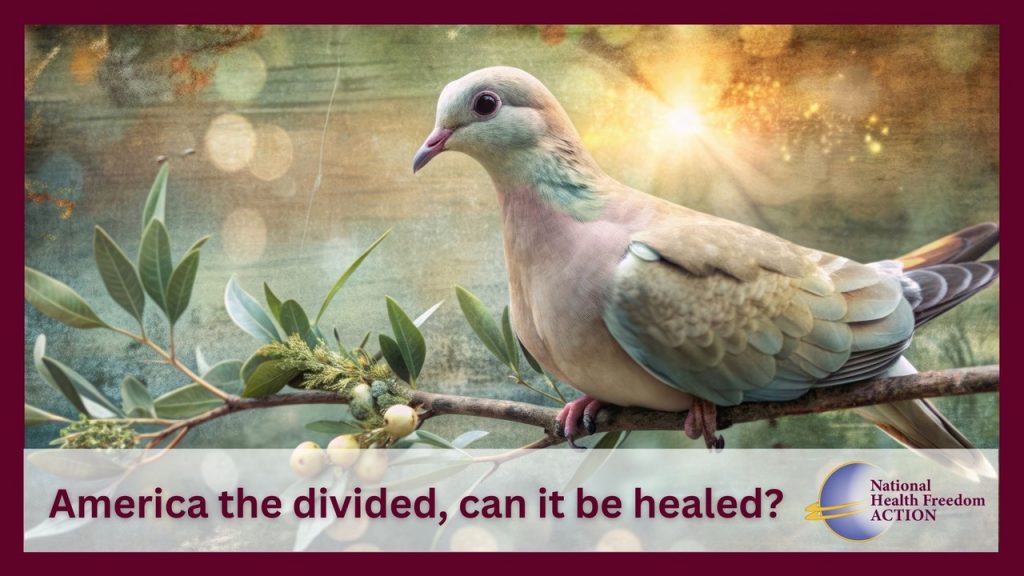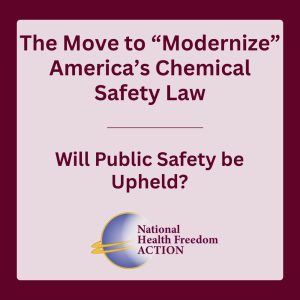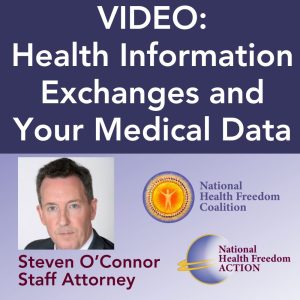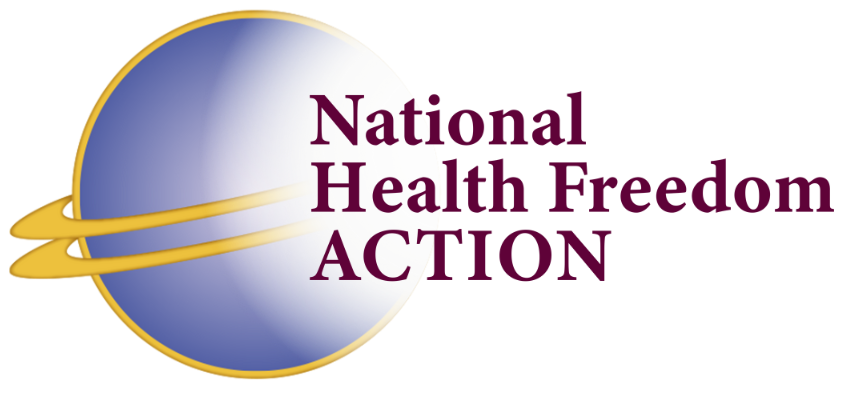

America the divided, can it be healed?
By Leo Cashman
An important presidential election has come and gone in America, leaving the nation divided much as it was before the election. Now individuals in the populace still remain wary of those who fell into other camps from them. Will friends, neighbors and relatives be able to talk confidently with each other, knowing the divisions that have endured?
Based on my experience, may I suggest that most people want the same things in life. Those commonly sought things include health, freedom from pain, suffering and disability. People want financial security, a roof over their heads and freedom from war and turmoil. Surely, we all want governmental officials who are honest, truly serve the public interest and don’t waste our taxpayer’s money.
So, where do all these differences arise? I propose that, as a first step, we describe them as differences in “world view,” differences in how we see our country – its history, its role in the world, and how its government serves its people. How is it that some people are inclined to obey our public health officials and obey mandates while others cast a wary eye? What are the major influences that shape a person’s world view? We are all creatures of habit, and we do not have to create a world view every day when we get up in the morning. Here are major influences that shape us:
Life experiences: Life brings us huge variations in experiences, and these shape our world view a lot. Life’s trajectories can bring unexpected surprises. Some people may go along fine for a while, into a career, a profession, but then can run into a crisis – spiritual, mental, or physical – causing a person to step back and ask: what am I missing? How could things be going so wrong with me? The crisis may be depression, an auto-immune disease, mental illness, or a cancer diagnosis. The crisis may also involve a family member, a child perhaps who becomes vaccine injured or poisoned by a toxic exposure. Even in America the beautiful, we learn that there is toxic mercury in dentistry and medicine, and that insecticides or toxic EMFs are ever-present. Some people cannot believe that such toxic exposures are of significant concern because they are not mentioned in our daily news capsules, and they assume that our governmental regulatory agencies protect us from such exposures. If we can trust them, why worry unnecessarily about such concerns?
But other people, prodded by their suffering and their desperate search for answers, learn to challenge all of the common assumptions about health and health freedom, and go down the “rabbit-hole” of learning about the toxic exposures and the cover-ups associated with each one of them.
So, profoundly different life experiences leave people with profoundly different world views – differences in how agencies are viewed, how covid mandates are accepted or pushed back against, and whether the government as a whole is benign and to be trusted, obeyed or, rather, to viewed with skepticism and a wary eye.
The media: Every day we want a capsule of news and information and turn on our usual favorite news media. It gives us a quick world view –local, state, national, and international. Perhaps we don’t reflect much about how that daily dose of media shapes our opinion of everything that is happening. We pick up not only facts, but attitudes towards the stories that are presented: how important are they, how concerning, and what response is needed. If there are important issues that are being covered up and others that are distorted, we might not notice the flaws and errors in our daily news digest. Of course, some people regularly check in with alternative voices, too, and get an alternative view of what is happening and what it means.
Affiliations: Most of us have some affiliations such as family, ethnic background, religion, political party, labor union, business league or club, and artistic presentations. Those affiliations obviously can play a role in shaping how we see things.
World history and America’s place in it: Our view of who we are as a nation is often anchored in the 9th grade world history course that we all learned. While much of the history may have seemed dreary and difficult to remember, the history taking us up to the 20th century was about America being engulfed in danger and drama as World War I and World War II gripped Europe. And America’s use of its military might, for example, its use of the atomic bomb, impacted world history.
Further historical developments, such as the Viet Nam war, the assassinations of the 1960s, the 9/11 assault on the Trade Towers, international wars and other traumatic events modified the views of some, and differences developed within the country.
Education: While not usually advertised this way, education shapes our world view too, profoundly. As with our media influences, those that we trust to educate us at any level of schooling also shape our views on everything that is taught – history, science, health.
As students we tend to adopt the attitudes of our teachers and, perhaps, their biases. If they teach us in physics about electromagnetic radiation but never mention that microwaves can adversely affect our health, then students are likely to believe that the impact of microwave radiation is minimal or non-existent. If dental students are taught that dental amalgam fillings are “safe and effective” and the dental students are taught to place them, the students are likely to think that mercury amalgams have a legitimate place in dentistry. If medical students are taught that health care mostly involves the use of drugs, vaccines, and invasive testing, many of the medical students will likely absorb those lessons and embrace the methods of practice that are taught. If there is little or no mention made of alternative health modalities or holistic dentistry, then such things may be dismissed as having little or no relevance, and as being on the fringe. “Health freedom” is a phrase that may never once be heard in our schools, perhaps implying that health freedom is not a concern.
Can shared core values bring us together? It may be helpful to suggest that regarding health freedom we share the desire for freedom from suffering and disability, and the enjoyment of personal bodily autonomy and freedom. These shared values can help us avoid demonizing those who have different world views and seeing them as a threat.
With a sense of shared values, we could engage more in a gentle, respectful dialogue, sorting out differences in our world views, differences based probably on life experiences and what we learned from them. Independent research into matters of science and public health policy should not be buried, ridiculed, and censored. There should be more transparency in general. Let us agree, instead, to put away censorship and allow more open airing of differences in a respectful dialogue and debate.
That would be more in keeping with our view of America as a land of democracy and freedom.
National Health Freedom Action helps state groups that want to pass laws that protect health freedom. NHFA’s team of attorneys and advocates work with citizen groups, small and large, to provide the training, support, and tools, to help them succeed in their wish to protect health freedom.
If you have a committed group of individuals wanting to change the laws in your state, please reach out to us via email at info.nhfa@nationalhealthfreedom.org to set up an exploratory conversation. We would be happy to help in any we can. That is why we are here!
RECENT NEWS


EPA Deregulation of Clean Air and Water: does it go too far?
February 19, 2026


Video: Health Information Exchanges and Your Medical Data
February 5, 2026
